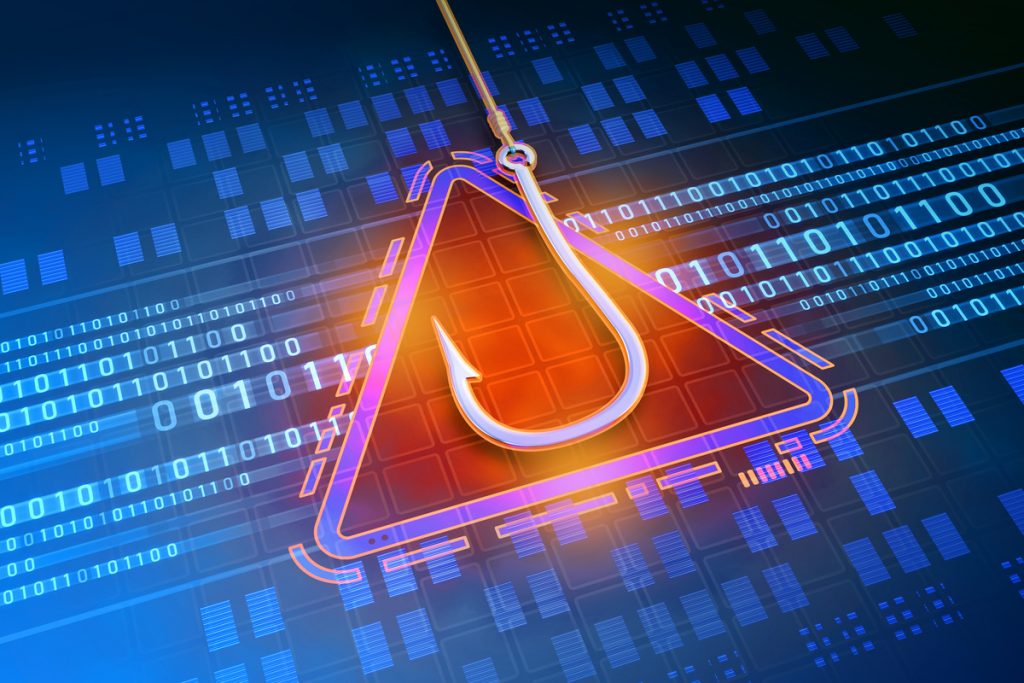
Small businesses often make the mistake of assuming that they are not on the radar of hackers. A huge number of startups and small companies have suffered phishing and cyberattacks in recent years, and hackers are aware that these businesses don’t spend enough on cybersecurity. As such, it becomes easy for cybercriminals to exploit existing security vulnerabilities. In case of phishing, hackers are targeting employees and insiders. In this post, we are sharing the steps that small businesses must follow to avoid phishing attacks.
Cybersecurity Awareness Training
Employees are expected to handle cybersecurity concerns at the ground level, and they need to know what phishing is all about. Ensure that your company is spending enough on cybersecurity training, and as needed, phishing simulations can be done from time to time.
Install antimalware software
Most phishing emails often include malware, which can lead to a serious security breach. Small businesses must invest in antimalware and antivirus products and suites. There are also products that can detect trojans, worms, ransomware and other malicious files and links. Since phishing happens through emails, using a spam filter always helps.
Inform employees about the red flags
Phishing emails often look legit, but usually have red flags that are not hard to find. For instance, many emails may have wrong spellings and grammatical errors. Make sure that your employees are aware of such red flags. Also, when an email is asking for sensitive information that shouldn’t be ideally asked on email, it is a possible case of phishing.
Update all software and firmware
Software, firmware, operating systems, plugins, browsers – everything should be updated to the latest version, as soon as patches are made available. Updates usually address security flaws, vulnerabilities, and bugs, which can be otherwise exploited by hackers.
Go for multifactor authentication
Where there is no denying that strong passwords do matter for cybersecurity, but for phishing and malware prevention, multifactor authentication is important. MFA ensures that just a password doesn’t give a hacker direct access to any resource. Authentication means may include a onetime password, image verification, or even security questions.
Get everyone together
Phishing can be prevented by collaborative action within the organization. Ensure that everyone working in the company are on the same page on cybersecurity and steps that must be followed. If that means hiring people to train and conduct workshops, it is wise to have that budget.
Check online now to find more on phishing and don’t forget to have an incident response plan.


 How do amazon agencies handle data-driven marketing strategies?
How do amazon agencies handle data-driven marketing strategies?  Key Benefits of Comprehensive SEO Packages and Local SEO Services
Key Benefits of Comprehensive SEO Packages and Local SEO Services  Styling Tips for Your Passport Photo
Styling Tips for Your Passport Photo  Data Storage Solutions That Every Business Must Take Into Consideration
Data Storage Solutions That Every Business Must Take Into Consideration  5 Ways to Reduce AC Bills and Save Money
5 Ways to Reduce AC Bills and Save Money  How to Elevate Your Business with Modern Digital Tools
How to Elevate Your Business with Modern Digital Tools  Probate Attorney Oregon: Expert Guidance for Estate Matters
Probate Attorney Oregon: Expert Guidance for Estate Matters  How Effective Website Development Boosts Online Visibility
How Effective Website Development Boosts Online Visibility  Why Ceramic Tiles Are Perfect for Your Bathroom Remodel
Why Ceramic Tiles Are Perfect for Your Bathroom Remodel  How do D9 cubes differ from other cubes?
How do D9 cubes differ from other cubes?